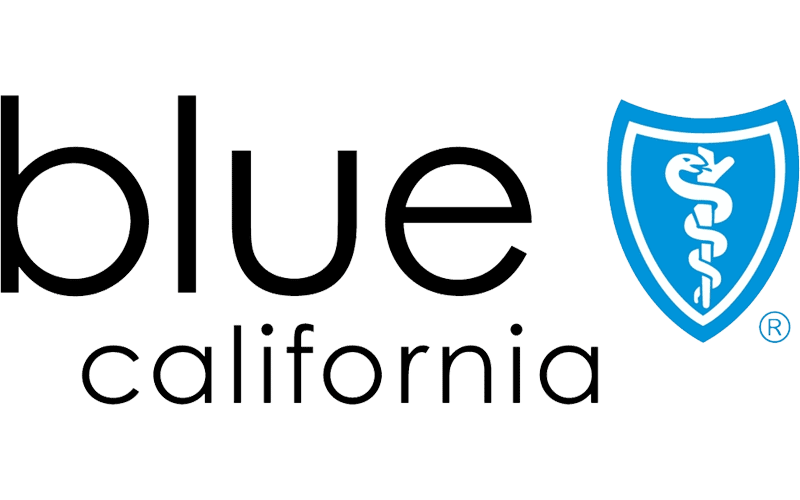Accepted health insurance plans






What are the impacts of oppression?
Oppression can take many forms—racism, sexism, homophobia, ableism, and more. These experiences often increase stress, anxiety, depression, and trauma, deeply affecting emotional well-being and overall health.
With compassionate, culturally sensitive care, healing and resilience are possible. You don’t have to carry the weight of oppression alone.
1.5 to 3 times
higher risk
Marginalized groups face much higher rates of depression and anxiety. (NIMH)
Chronic stress
and trauma
Systemic oppression and discrimination contribute to PTSD and lasting distress.
2–3 times higher
in LGBTQ+ people
LGBTQ+ individuals experience elevated rates of depression and suicidal thoughts. (NIMH)
30% avoid
getting care
Stigma and lack of culturally competent providers keep many from seeking help.
Treatment options we offer
Psychiatric evaluation & diagnosis
Assess mental health impacts of oppression and related stressors.
Medication management
Evidence-based treatment for depression, anxiety, or trauma.
Therapy referrals or combined care
We partner with trusted therapists for culturally sensitive care.
Telehealth services
Receive expert care from the comfort of home.
Why choose us for oppression impact care
Board-certified psychiatrists and psychologists
Experienced in treating trauma, stress, and related conditions.
Personalized, evidence-based plans
Care tailored to cultural, social, and personal experiences.
Confidential and compassionate care
No judgment—just understanding, care, and expert treatment.
We accept most major insurance plans
Aetna, Magellan, Cigna, Blue Shield, MHN, Healthnet.
7 signs of oppression’s impact you shouldn’t ignore
Experiencing discrimination or marginalization can take a heavy toll. When stress, sadness, or anxiety linked to oppression become constant, they may start to affect your mental health, relationships, and daily life.
Here are 7 signs of oppression’s impact you shouldn’t ignore—especially if they’ve been affecting you for weeks or months.
1Persistent stress or anxiety Ongoing discrimination may leave you feeling constantly tense, overwhelmed, or on edge.
2Low mood or hopelessness Experiences of oppression can fuel depression, sadness, and a sense of disconnection.
3Difficulty sleeping or nightmares Racing thoughts or recurring dreams tied to discrimination may disrupt rest and recovery.
4Avoidance of situations or people You may withdraw from environments or communities where you’ve felt judged or unsafe.
5Physical symptoms of stress Oppression’s toll can show up as headaches, fatigue, stomach issues, or muscle tension.
6Loss of confidence or identity Systemic bias can leave you doubting your worth, identity, or place in the world.
7Strained relationships Stress from marginalization may create distance, conflict, or isolation from others.
When to reach out for help
If oppression’s impact is affecting your mood, sleep, or relationships, you don’t have to carry it alone. Baywell’s board-certified psychiatrists provide compassionate evaluations, evidence-based treatment, and therapy referrals tailored to your experiences. Support is here—without judgment.
Questions or concerns?
If you need help, please call our office at 415-922-9122 and our receptionists will assist you. Zoom’s FAQ page may also help to answer some of your questions.
Zoom HIPAA compliance
The Zoom software used by Baywell is HIPAA compliant to protect your privacy and security in accordance with federal laws. We encourage our patients to review Zoom’s HIPAA compliance datasheet for more information.
Healing from oppression starts here
You deserve care that honors your identity and experiences. Our team offers confidential, compassionate support for healing.
Call 415-922-9122 to get connected with a Baywell provider.
